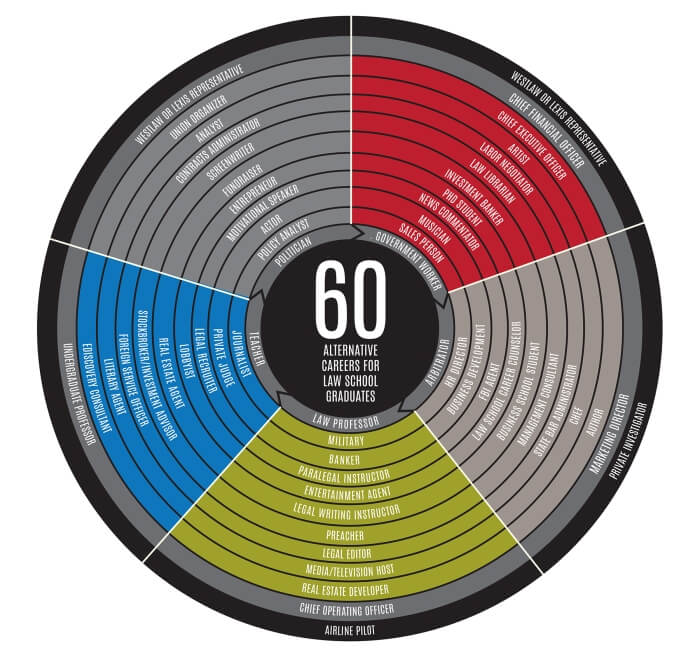Generative artificial intelligence (AI) is poised to revolutionize the functioning of corporate legal departments, simultaneously presenting novel challenges that require careful navigation. By deploying AI to handle routine tasks such as contract review, in-house legal teams stand to drastically reduce time and financial expenditures compared to human-performed tasks.
However, the realm of generative AI remains relatively new, prompting the legal industry to grapple with significant queries concerning data security and accuracy. Mary O’Carroll, former President of the Corporate Legal Operations Consortium and erstwhile head of legal operations at Google, remarked on the pivotal moment in legal tech’s evolution. O’Carroll, currently serving as Chief Community Officer at Ironclad—an enterprise specializing in contract management technology—revealed the integration of generative AI into their products.
The recent surge in interest towards legal operations technology has fostered increased investment, with AI acting as a catalyst for advancement. The reception towards this nascent technology varies significantly across the legal operations sector and even within individual companies, as noted by experts.
Forecasts by professionals like Ting suggest that within a year, most companies will initiate investments in automating negotiation processes and streamlining manual tracking of contract expirations. Looking five years ahead, Ting envisions a complete transformation of the legal landscape, albeit acknowledging the gradual pace of change.
The rapidly evolving nature of generative AI technology prompts some experts to exercise caution. Ed Sohn, Head of Solutions at Factor, a legal services company, recognizes its immense potential while advocating for prudence. He emphasizes the need to avoid excessive development based on the present state of the technology, considering its swift evolution. The concern over technology obsolescence resonates across the legal departments exploring investment options.
As the industry embraces AI adoption, it is grappling with challenges brought forth by this innovative technology. The fast-paced integration has left minimal room for anticipating potential pitfalls, as observed by industry insiders. The evolving legal landscape raises concerns about how AI’s implementation aligns with existing laws, precedents, and attitudes.
Brittany Leonard, General Counsel at Civix—a public-sector technology and services provider—compares AI’s current allure to a shiny new object capturing everyone’s attention. As the initial excitement subsides, she foresees AI becoming a practical and valuable tool for in-house legal teams.
Concurrently, AI technology continues to advance at a remarkable pace. Experts express surprise at the swift realization of capabilities once considered achievable only in the long term.
Don’t be a silent ninja! Let us know your thoughts in the comment section below.










































